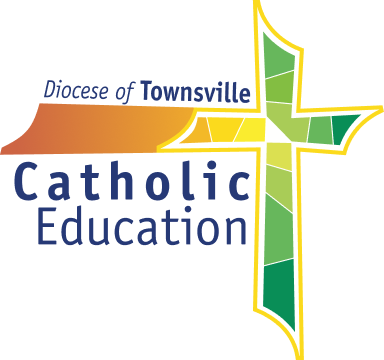The Pedagogy of Difference project represents the collective efforts of dedicated researchers, educators, and community members, whose commitment to culturally responsive education has made this initiative possible.
Research Participants and Partners
James Cook University, Townsville (2014–2017):
- Brian Lewthwaite
- Barry Osborne
- Natalie Lloyd
- Helen Boon
- Linda Llewellyn
Townsville Catholic Education Diocese (2014–2017):
- Cathy Day
- Codie Kemp
- Gail Laffin
- Tammi Webber
- Jennifer Wills
- Megan Harrison
Townsville Catholic Education Diocese (2021):
- Jacqui Francis
- Louise Vella-Cox
- Tammi Webber
- Gail Laffin
- Jessica Smit






We acknowledge the Traditional Owner groups upon whose lands our Catholic schools are situated. We honour the spiritual heritage of our First Nations Australians who teach us so much about love of Country, family and community. Aboriginal and Torres Strait Islanders are advised that this resource may contain images of people who have died.


A project that focuses on calling teachers to respond to Aboriginal and Torres Strait Islander students' requests for pedagogical change.
This website and its contents are the property of Townsville Catholic Education and may not be reproduced, distributed, or used in any form without prior written permission.

